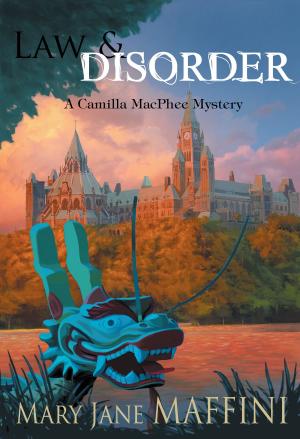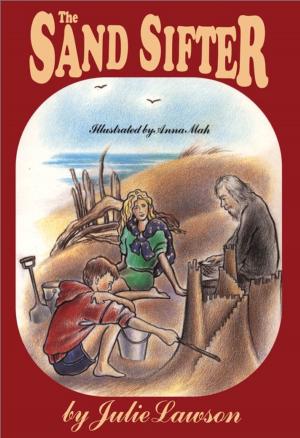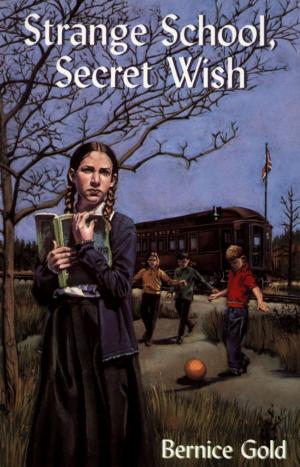The Cherry Blossom 2-Book Bundle
When the Cherry Blossoms Fell / Cherry Blossom Winter
Kids, Fiction, Historical, Teen, General Fiction| Author: | Jennifer Maruno | ISBN: | 9781459728820 |
| Publisher: | Dundurn | Publication: | February 6, 2014 |
| Imprint: | Dundurn | Language: | English |
| Author: | Jennifer Maruno |
| ISBN: | 9781459728820 |
| Publisher: | Dundurn |
| Publication: | February 6, 2014 |
| Imprint: | Dundurn |
| Language: | English |
This special bundle contains both of Jennifer Maruno’s Cherry Blossom novels about the internment of Japanese-Canadians, viewed through the eyes of nine-year-old Michiko Minagawa.
Michiko bids her father goodbye before her birthday celebration. She doesn’t know the government has ordered all Japanese-born men out of the province. Ten days later, her family joins hundreds of Japanese-Canadians on a train to the interior of British Columbia. There are no paved roads, no streetlights and not streetcars. At school Michiko learns the truth of her situation. She must face local prejudice, the worst winter in forty years and her first Christmas without her father.
In the second novel, while Michiko wants to be proud of her Japanese heritage, she can’t be. After a former Asahi baseball star becomes her new teacher, life gets better. Baseball fever hits town, and when Michiko challenges the adults to a game with her class, the whole town turns out. Then the government announces that they must move once again. But they can’t think of relocating with a new baby coming, even with the offer of free passage to Japan. Michiko pretends to be her mother and writes to get a job for her father on a farm in Ontario.
- When the Cherry Blossoms Fell
- Cherry Blossom Winter
This special bundle contains both of Jennifer Maruno’s Cherry Blossom novels about the internment of Japanese-Canadians, viewed through the eyes of nine-year-old Michiko Minagawa.
Michiko bids her father goodbye before her birthday celebration. She doesn’t know the government has ordered all Japanese-born men out of the province. Ten days later, her family joins hundreds of Japanese-Canadians on a train to the interior of British Columbia. There are no paved roads, no streetlights and not streetcars. At school Michiko learns the truth of her situation. She must face local prejudice, the worst winter in forty years and her first Christmas without her father.
In the second novel, while Michiko wants to be proud of her Japanese heritage, she can’t be. After a former Asahi baseball star becomes her new teacher, life gets better. Baseball fever hits town, and when Michiko challenges the adults to a game with her class, the whole town turns out. Then the government announces that they must move once again. But they can’t think of relocating with a new baby coming, even with the offer of free passage to Japan. Michiko pretends to be her mother and writes to get a job for her father on a farm in Ontario.
- When the Cherry Blossoms Fell
- Cherry Blossom Winter















